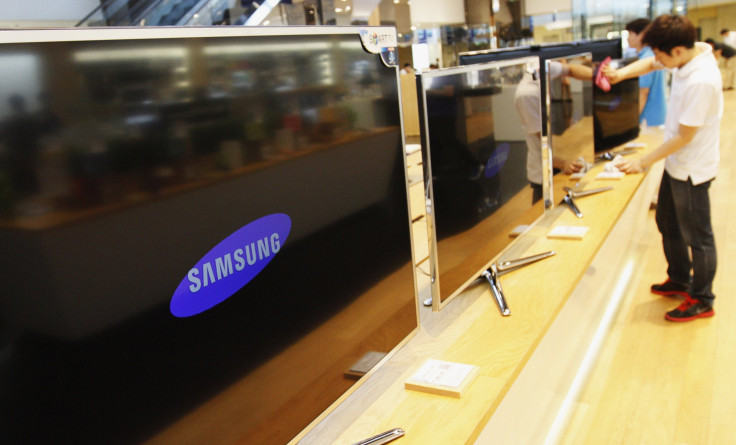Samsung SmartTVs Are Recording Your Conversations And Watching Your Movements

Owners of Samsung's SmartTV who don't want to reach for the remote may might want to rethink using the high-tech television's voice recognition feature. Buried within the “Voice Recognition” section of the SmartTV's Privacy Policy is a stipulation warning users that their voice commands will be converted to text and ultimately used to improve the voice command features.
It's one of the most popular features on the SmartTV, but the revelation that the voice recognition program is quietly monitoring conversations uttered within earshot of the living room could make customers think twice before using the device to change the channel or browse through movies by speaking.
“Please be aware that if your spoken words include personal or other sensitive information, that information will be among the data captured and transmitted to a third party through your use of Voice Recognition,” the policy states. “You may disable Voice Recognition data collection at any time by visiting the 'settings' menu. However, this may prevent you from using all of the Voice Recognition features.”
A spokesperson for Samsung told the Daily Beast Friday that the company adheres to all industry standards and prevents the unauthorized collection or use of user data. The company also stressed that the Voice Recognition can be turned off, though privacy advocates have long expressed concern that customers might not even realize their words are being saved in the first place.
Corynne McSherry, the intellectual property director at the Electronic Frontier Foundation (EFF) told the Daily Beast customers could conceivably want to know more about exactly who has access to their information. “If I were the customer, I might like to know who that third party was, and I'd definitely like to know whether my words were being transmitted in a secure form,” she said.
The company doesn't disclose which third parties it provides with user data, but stresses that “Samsung is not responsible for these providers' privacy or security practices.” There are also questions about what Samsung means when it stipulates that information “including device identifiers” could be transmitted to third parties “to the extent necessary to provide Voice Recognition features to you.”
The EFF's McSherry told the Daily Beast this phrasing is “worrisome” because “that language could be interpreted pretty broadly.”
Samsung has pledged that its SmartTVs only tracks information for the sake of improving the future product. Yet there's also language in the privacy policy making it clear that SmartTVs are equipped with cameras that record customers' facial expressions and hand gestures in order to “record information about when and how users use gesture controls so that we can evaluate the performance of these controls and improve them.”
© Copyright IBTimes 2024. All rights reserved.




















